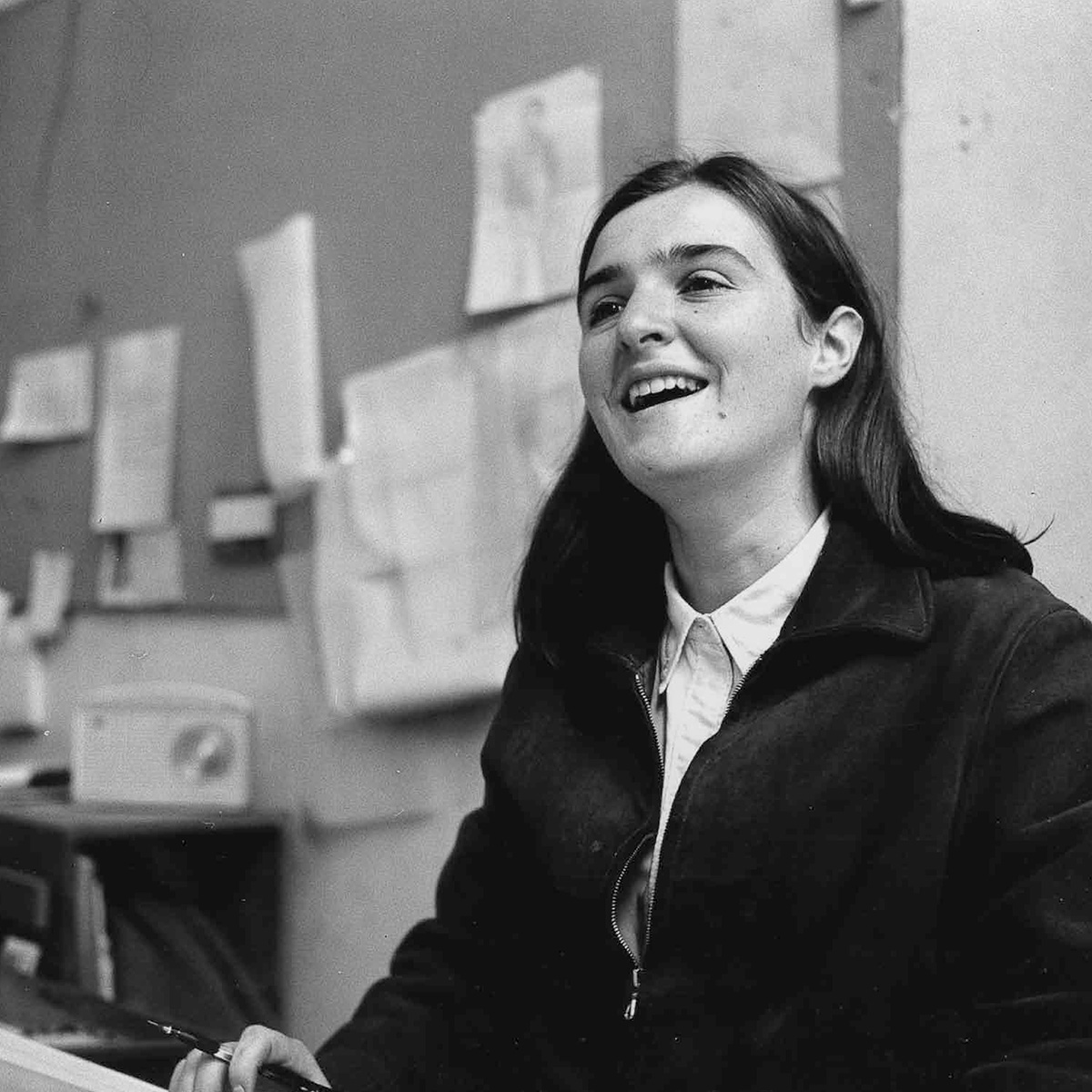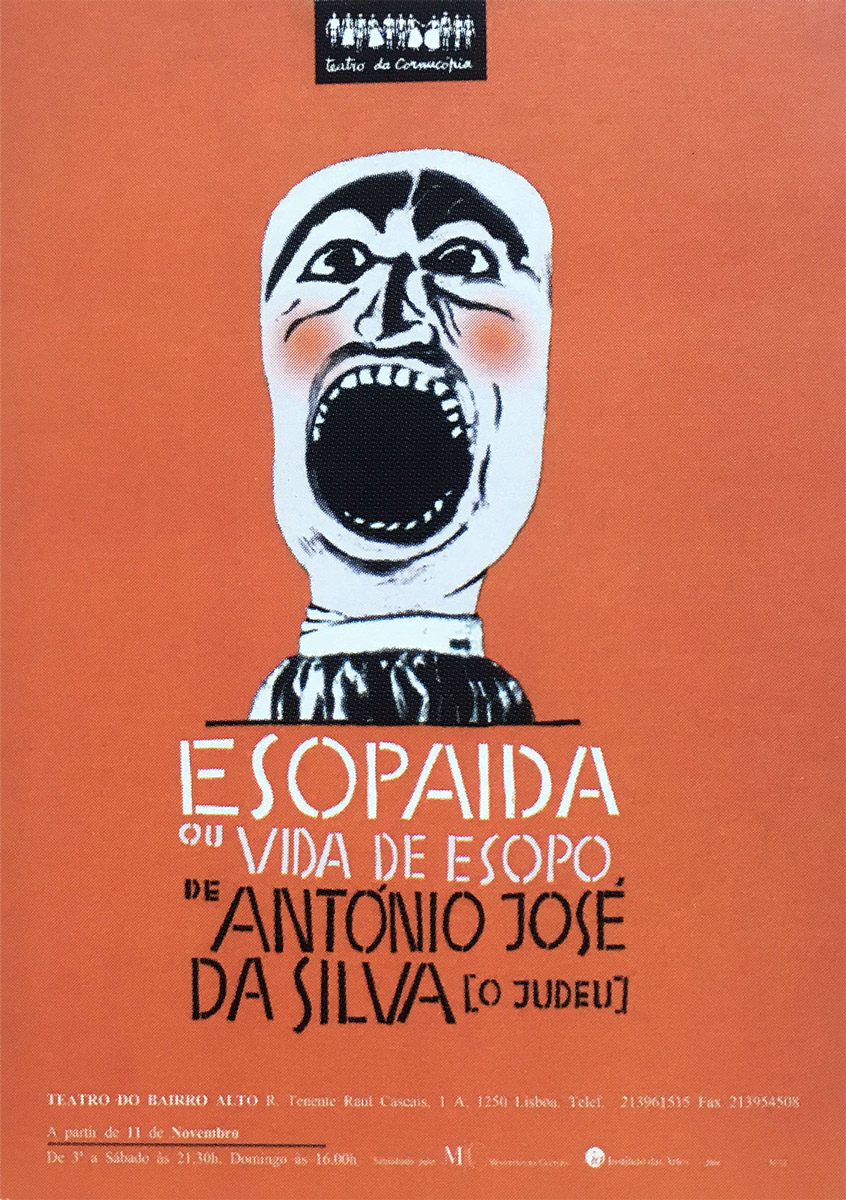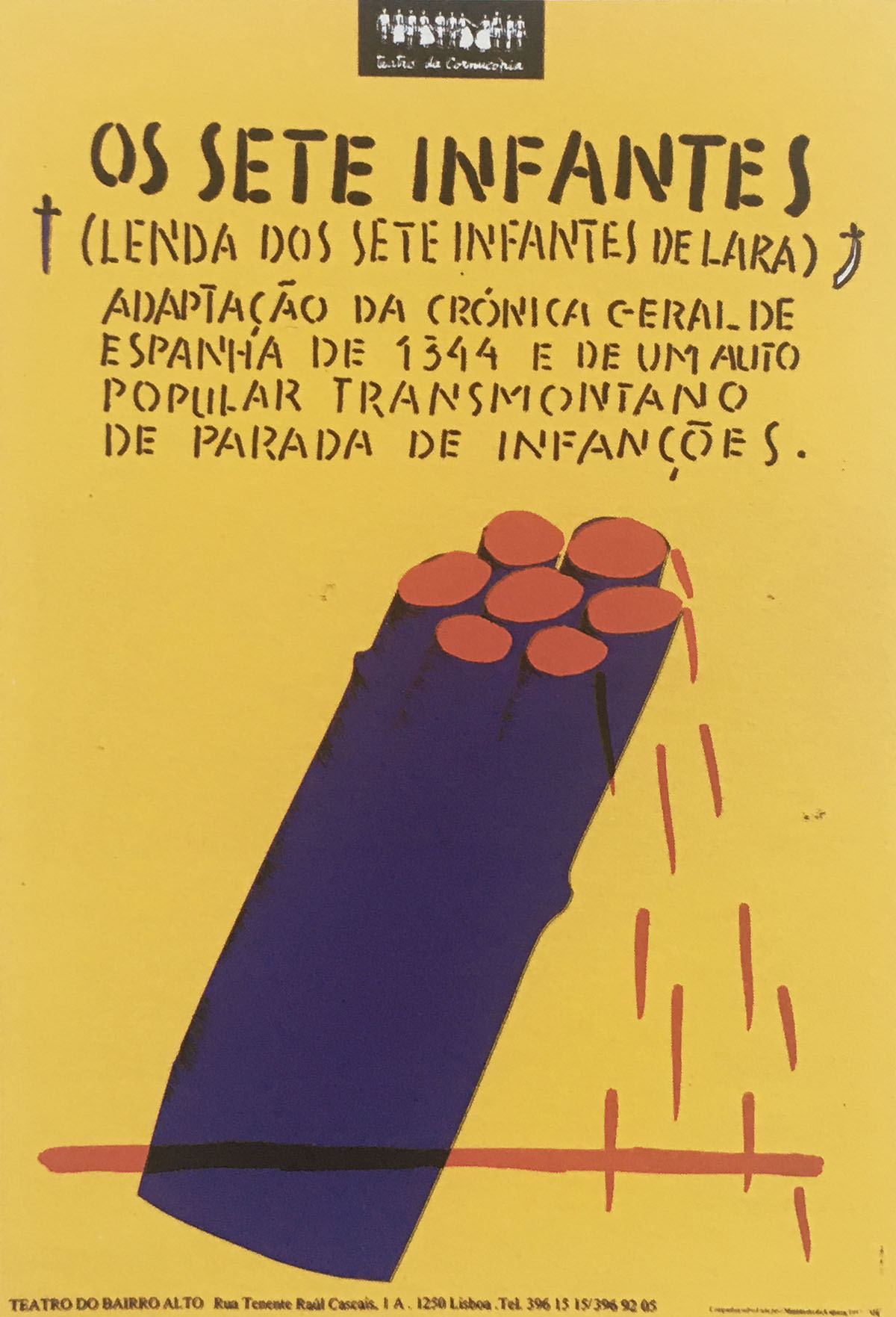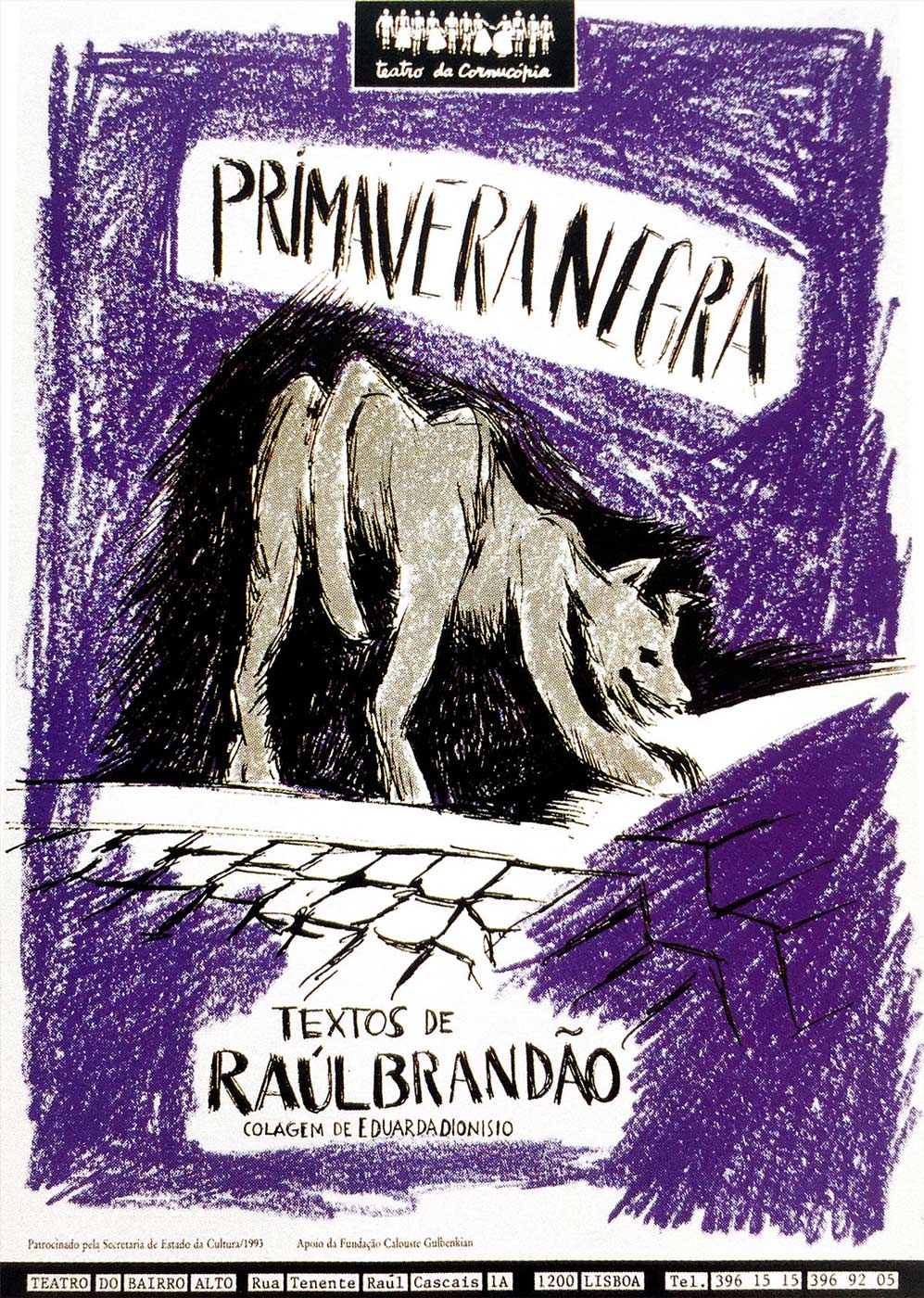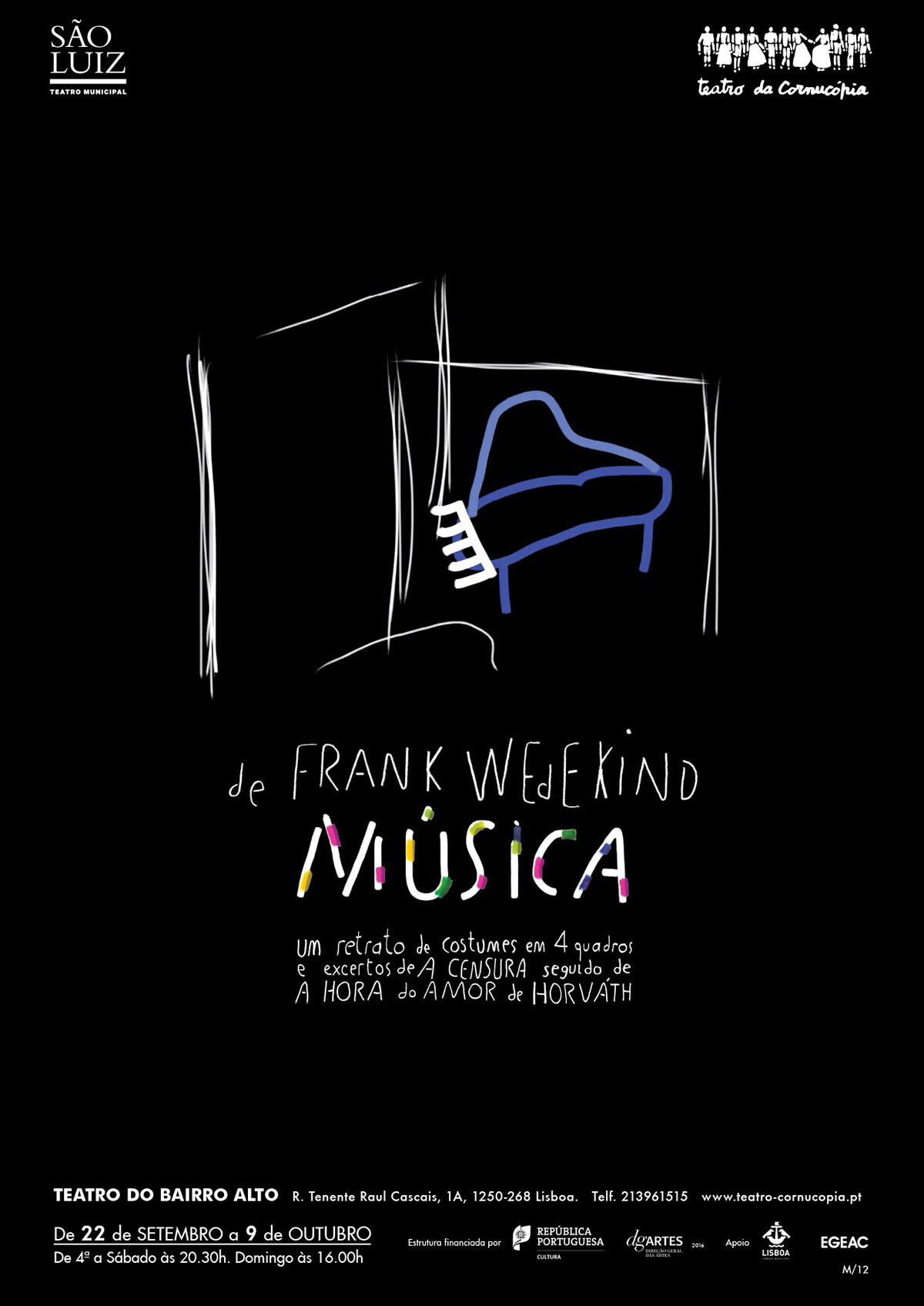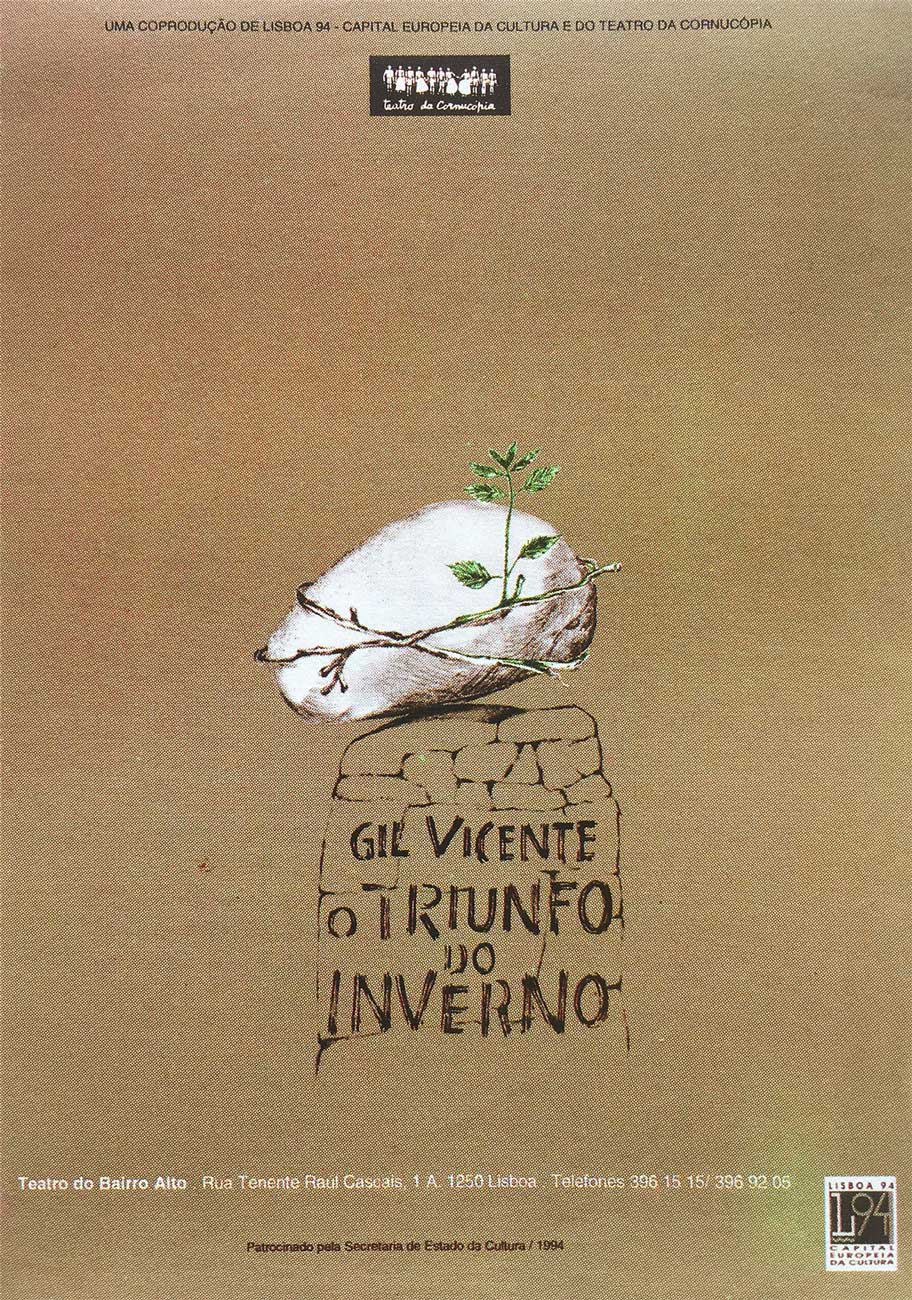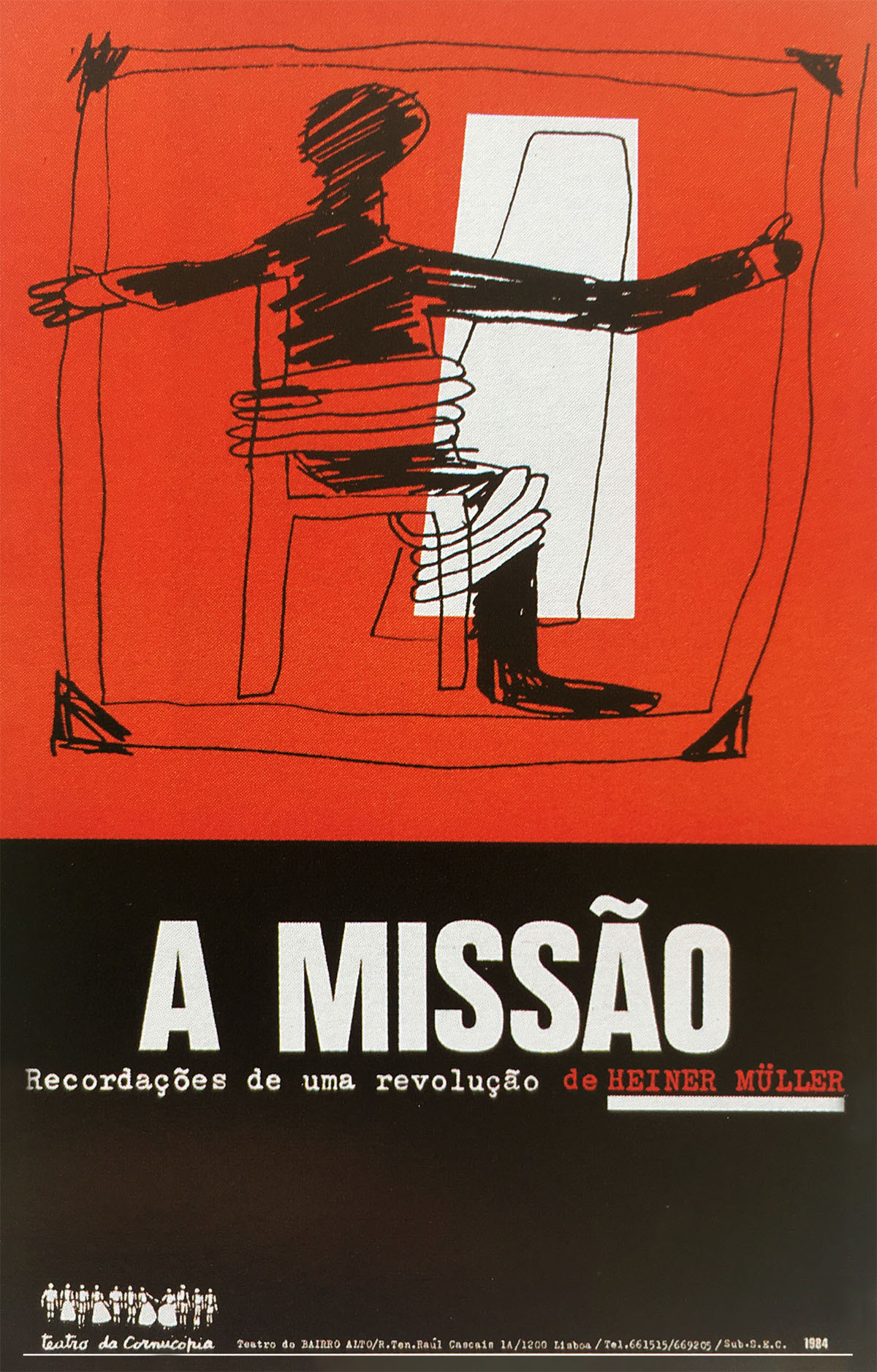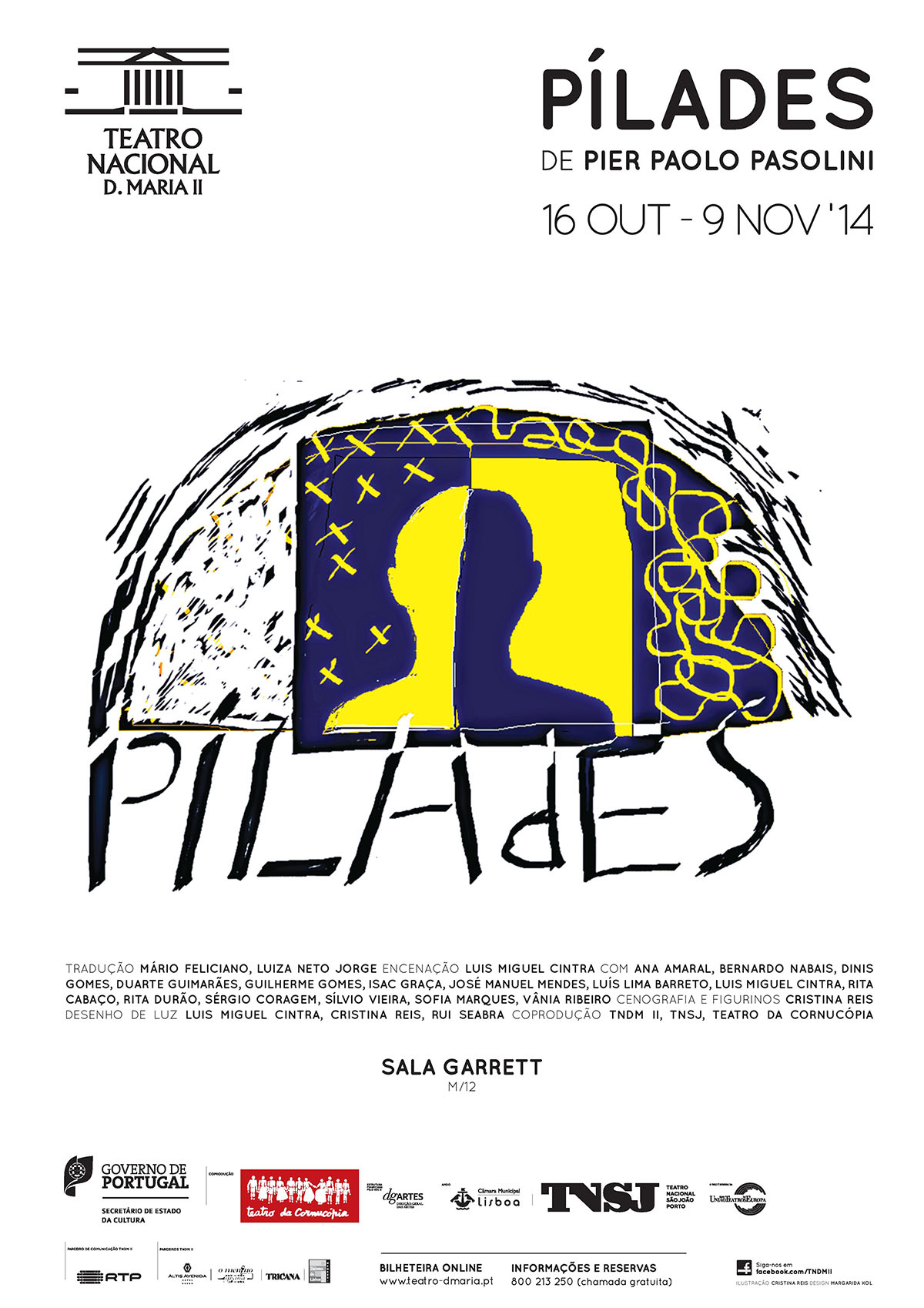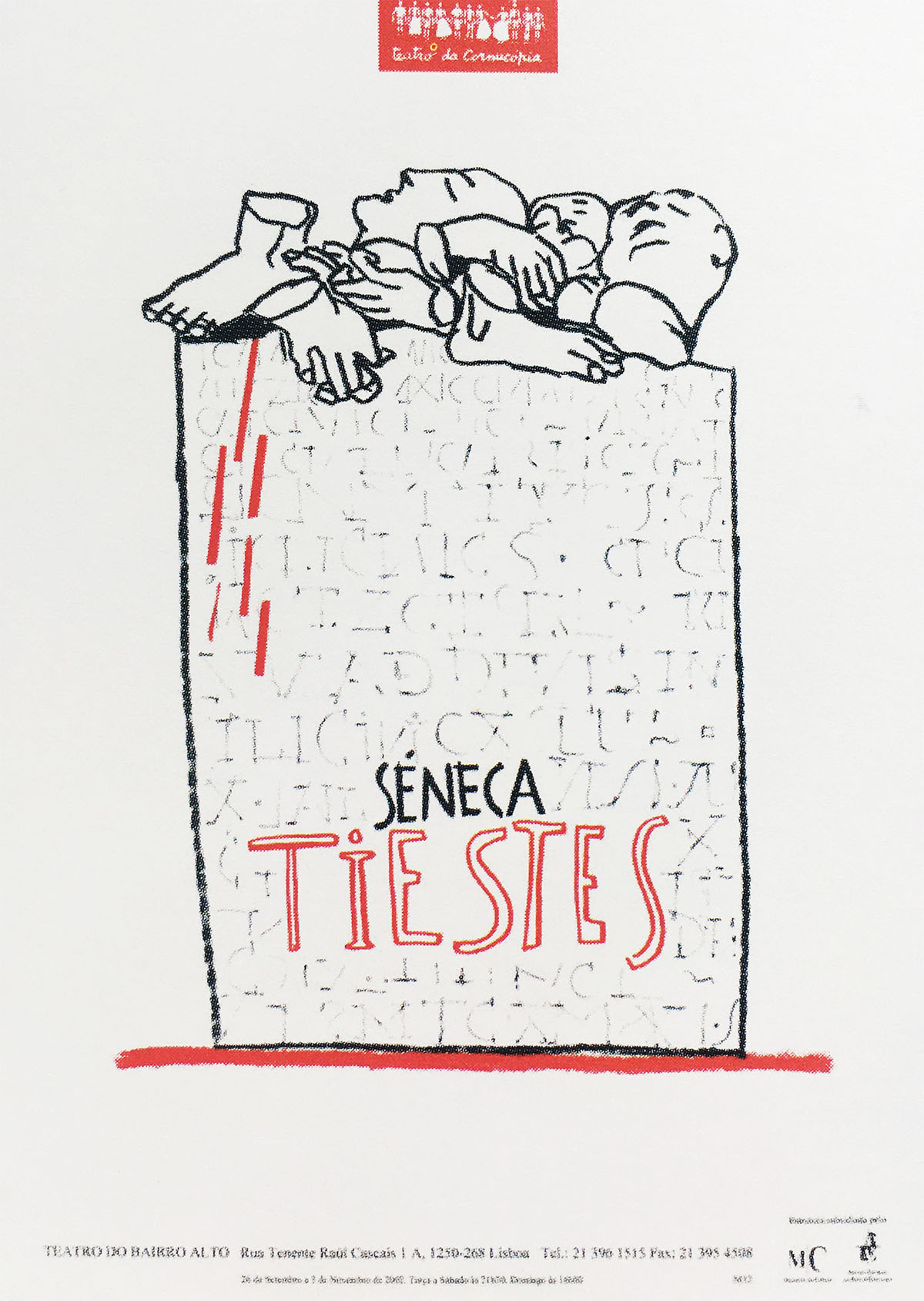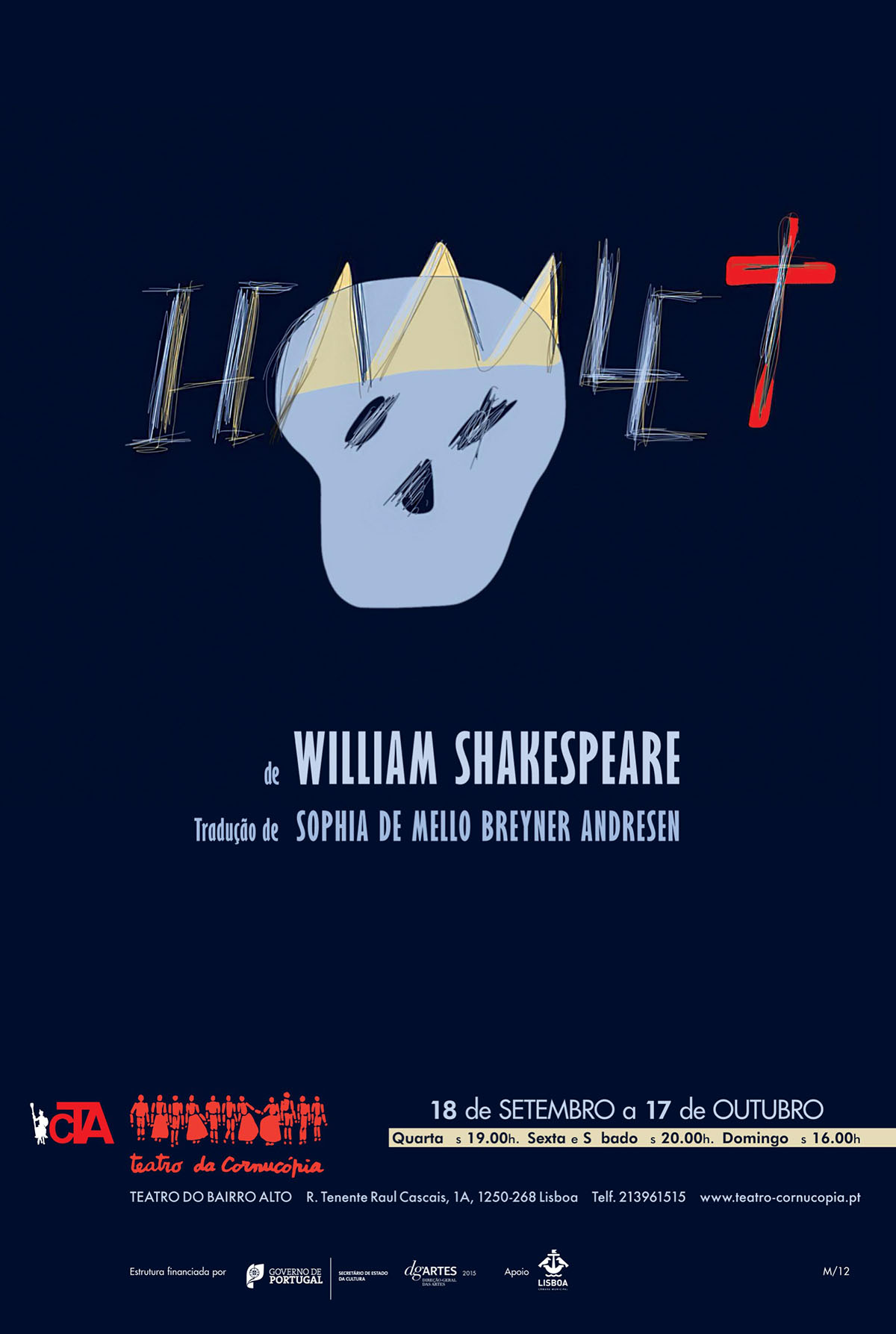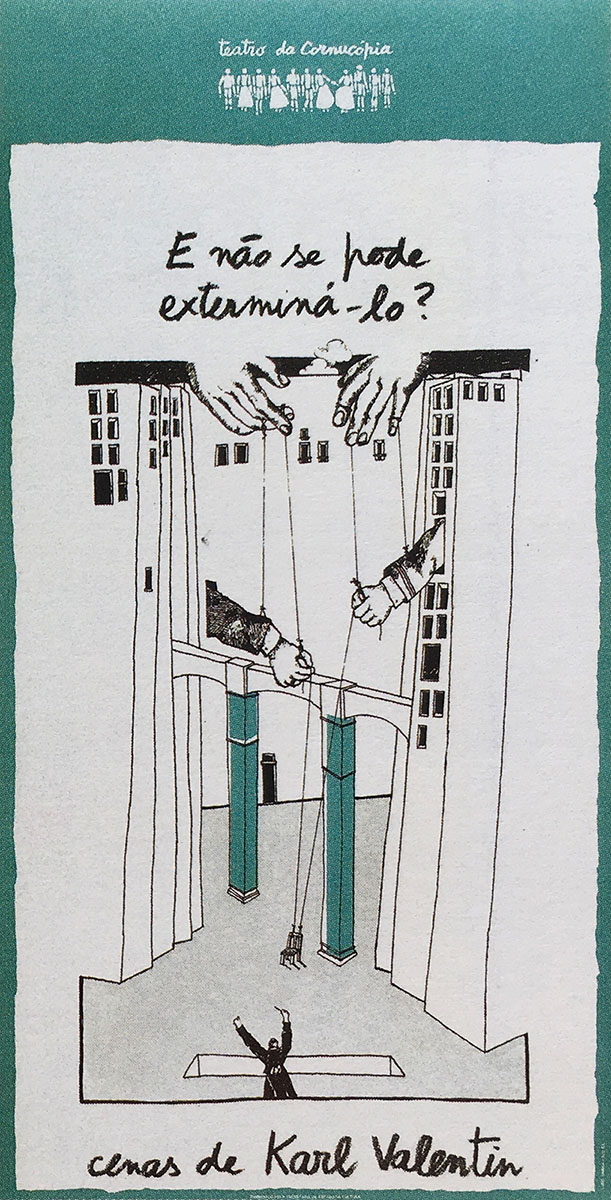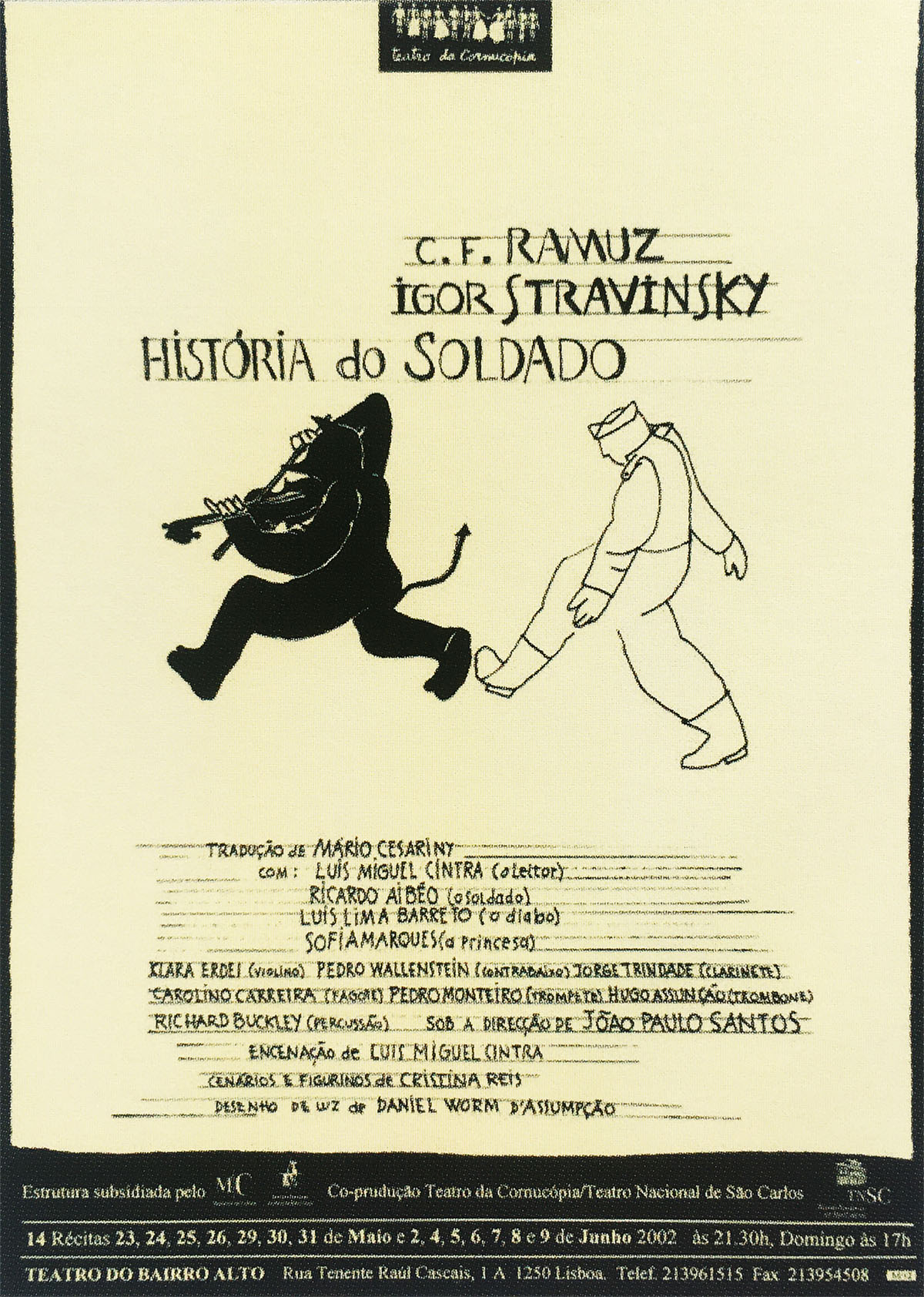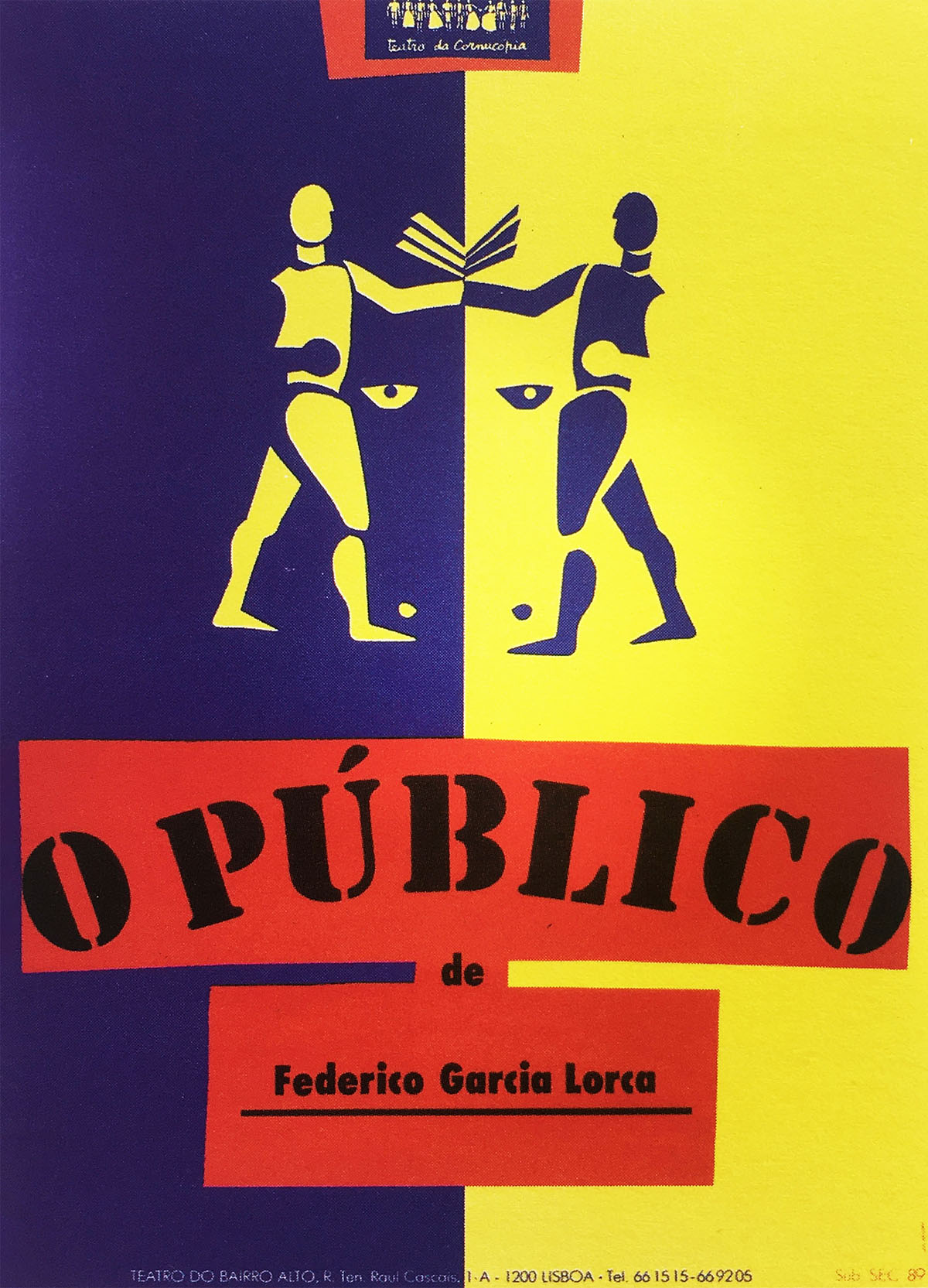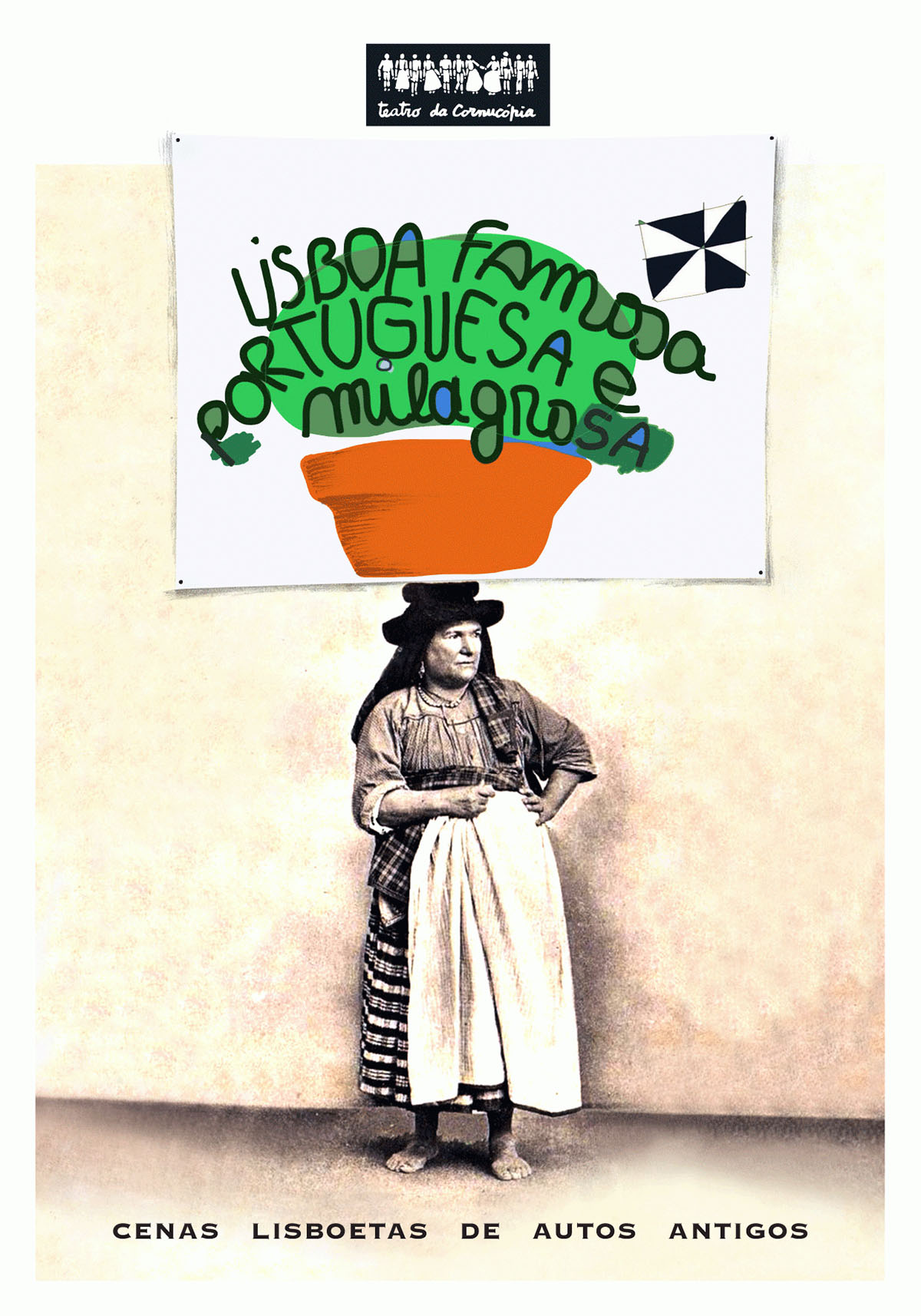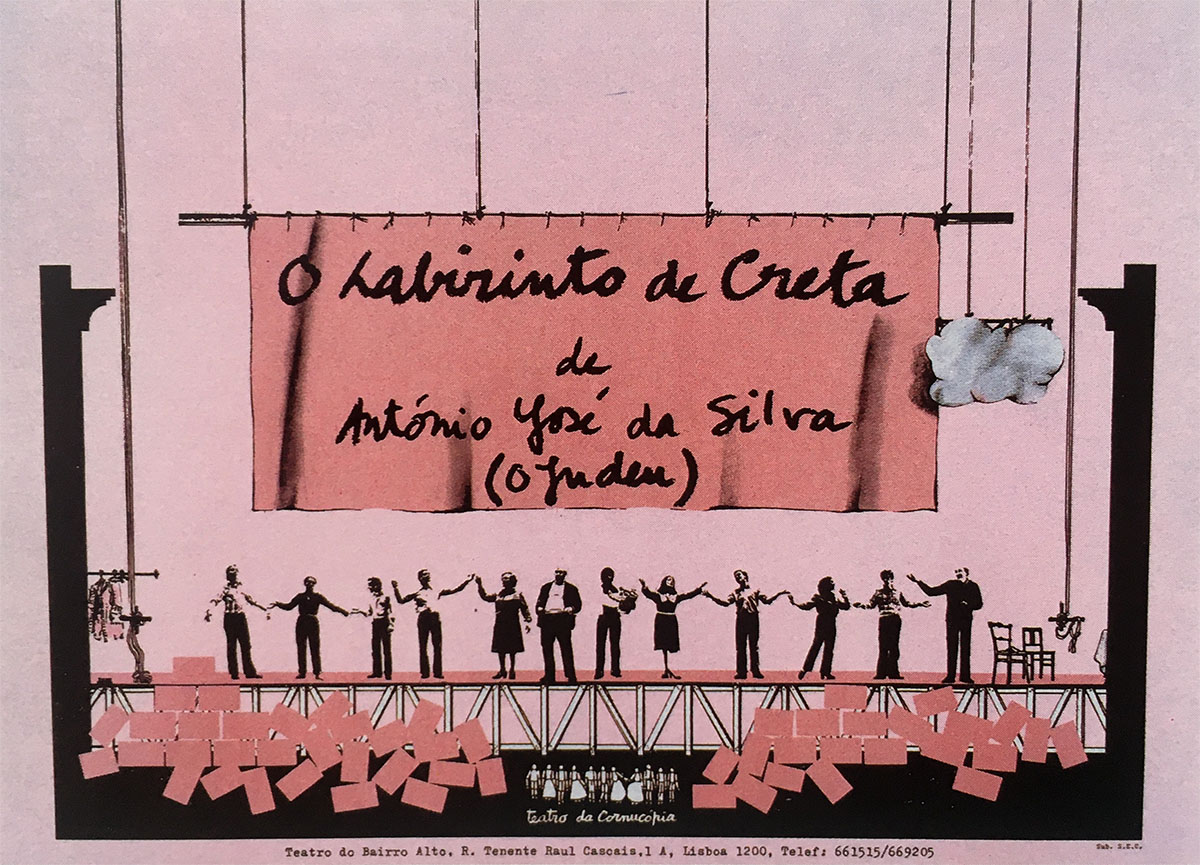Cristina Reis was born in Lisbon, in 1945. She attended the Painting course at the Higher School of Fine Arts in Lisbon, in 1960, simultaneously starting her training in design in the Basic Design Course at Daciano da Costa atelier in Belém. Between 1966 in 1970 she took a course in Art and Graphic Design, at Ravensbourne College of Art and Design, in England.
On their return, actively participating in the 1st and 2nd Portuguese Design Exhibition, held in 1971 and 1973, the Industrial Design Nucleus of the National Institute of Industrial Research (INII). Between 1974 and 1975, she formed with the architect/designer António Sena da Silva, among others, the DEZ cooperative that was dedicated to holding exhibitions for the industry, which consisted essentially of Portuguese representations through the Export Promotion Fund.
In 1975, she started her activity as a scenographer, costume designer and graphic designer at Teatro Cornucópia, under the direction of Jorge Silva Melo and Luís Miguel Cintra. Between 1979 and 1981, she proposed a scenography internship at Schaubühne Am Halleschen Ufer in Berlin. Back at Teatro Cornucópia, she took over the direction of the Theater together with Luís Miguel Cintra, starting a long artistic partnership. During a period of forty years of work in Cornucópia, Cristina Reis dedicated herself to the design of the totality of the sets, the stage props, the costumes and also the graphic image of each piece. She developed most of the posters, programs and all the necessary graphic support for the Theater's communication. In addition to the Teatro Cornucópia, Cristina Reis also creates scenography and costumes for other institutions such as the Teatro Nacional D. Maria II, Culturgest, Teatro São Luiz, Teatro Rivoli or Teatro Nacional de São Carlos. During this period, it is distinguished with several prizes, the ACARTE / Maria Madalena de Azeredo Perdigão Award (1997); the Almada / Teatro Prize for all her work, awarded by the Ministry of Culture (1999); the National Design Award / Portuguese Design Center (2000); the Gulbenkian Artes Award (2010), or the Theater Critics Award (2015).
